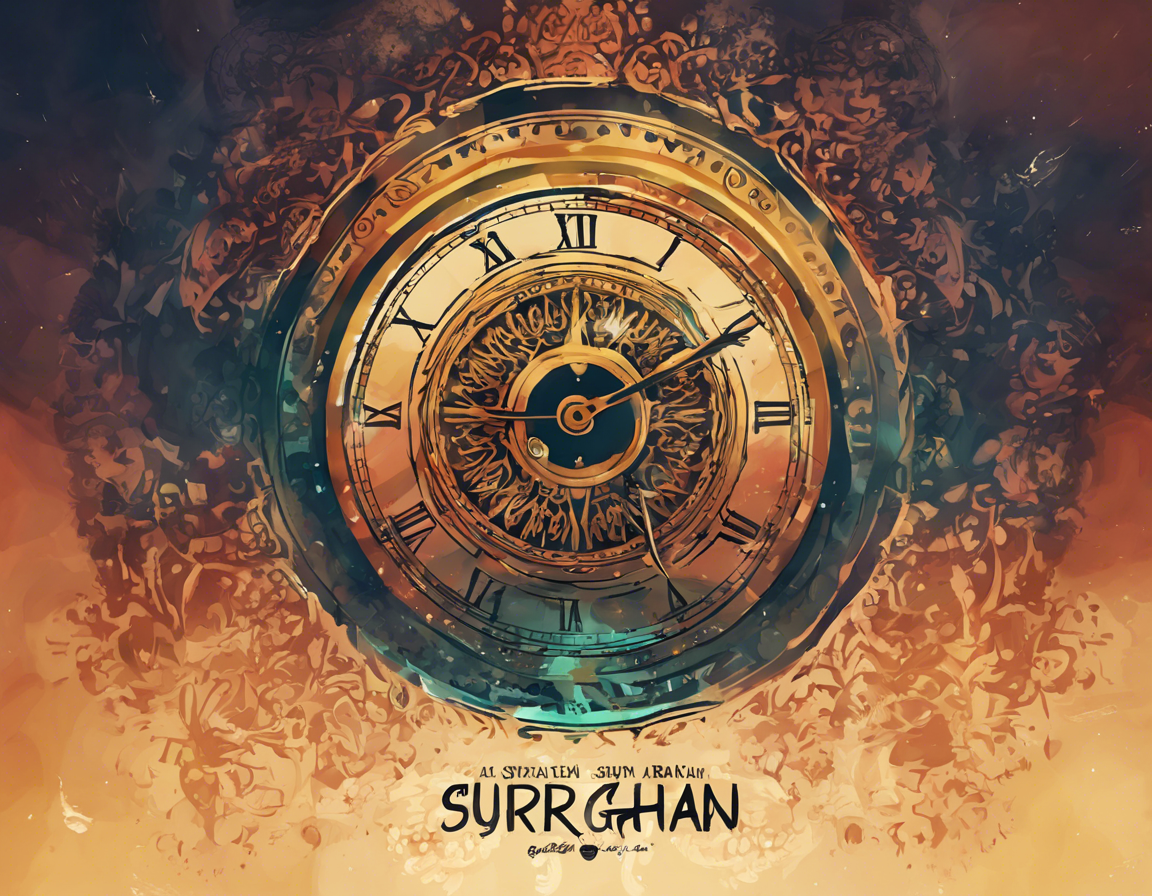Ultimate Guide to Surya Grahan Timings

Introduction
A Surya Grahan, also known as a solar eclipse, occurs when the Moon passes between the Earth and the Sun, blocking all or part of the Sun’s light. This cosmic event is widely observed worldwide, and different cultures have varying myths, superstitions, and rituals associated with it. In this comprehensive guide, we will delve into the timings, types, effects, and precautions related to Surya Grahan.
Types of Surya Grahan
-
Total Solar Eclipse: In a total solar eclipse, the Sun is completely obscured by the Moon, leaving only the Sun’s corona visible. This is one of the most spectacular celestial events.
-
Partial Solar Eclipse: A partial solar eclipse occurs when only a portion of the Sun is covered by the Moon, creating a crescent shape.
-
Annular Solar Eclipse: An annular solar eclipse happens when the Moon is farthest from the Earth, appearing smaller and not fully covering the Sun. This creates a ring of fire effect.
Timings of Surya Grahan
The timings of a Surya Grahan vary depending on the geographical location. Eclipse timings are typically given in Universal Time Coordinated (UTC), so it is essential to convert these timings to your local time zone. Websites and apps dedicated to astronomy often provide accurate timings for upcoming eclipses.
Effects of Surya Grahan
Scientific Impact: Surya Grahan creates a temporary drop in temperature as the Moon blocks the Sun’s light. Animals may exhibit changes in behavior, thinking it is nighttime.
Astrological Beliefs: According to astrology, a solar eclipse can have both positive and negative effects based on an individual’s horoscope and birth chart. It is considered a powerful time for introspection, letting go of old patterns, and setting new intentions.
Myths and Superstitions: In various cultures, solar eclipses are often accompanied by myths and superstitions. In Hindu mythology, it is believed that the demon Rahu swallows the Sun during an eclipse.
Precautions During Surya Grahan
-
Protect Your Eyes: Looking directly at the Sun during a solar eclipse can cause permanent eye damage. Always use proper solar viewing glasses or indirect viewing methods like a pinhole projector.
-
Avoid Eating During Eclipse: In some cultures, it is believed that eating during an eclipse can harm digestion. However, there is no scientific evidence to support this claim.
-
Stay Indoors: During a solar eclipse, the sudden darkness may cause animals to behave erratically. It is advisable to keep pets indoors and ensure their safety.
-
Avoid Construction Work: In some cultures, it is believed that any construction work done during an eclipse can result in structural weaknesses. It is best to avoid such activities during this time.
FAQs (Frequently Asked Questions)
Q: Can I watch a solar eclipse with the naked eye?
A: No, it is not safe to look directly at the Sun during a solar eclipse. Always use proper eye protection like solar viewing glasses.
Q: Why do eclipses not happen every month during the new moon?
A: Eclipses do not occur every month as the Moon’s orbit is tilted slightly compared to the Earth’s orbit around the Sun.
Q: Do solar eclipses have any health effects on humans?
A: Watching a solar eclipse without proper eye protection can cause permanent eye damage or even blindness.
Q: Are solar eclipses rare events?
A: Solar eclipses are relatively rare events when considering a specific location, but they happen around the world every 18 months on average.
Q: Can pregnant women watch a solar eclipse?
A: In some cultures, it is believed that pregnant women should stay indoors during an eclipse to protect the health of the baby.
Conclusion
Surya Grahan, or solar eclipses, are awe-inspiring celestial events that have fascinated cultures worldwide for centuries. While these events hold scientific significance, they are also deeply intertwined with myths, beliefs, and superstitions. By understanding the timings, types, effects, and precautions associated with solar eclipses, we can appreciate these phenomena safely and respectfully. Remember to enjoy the beauty of a solar eclipse while taking the necessary precautions to safeguard your well-being.
